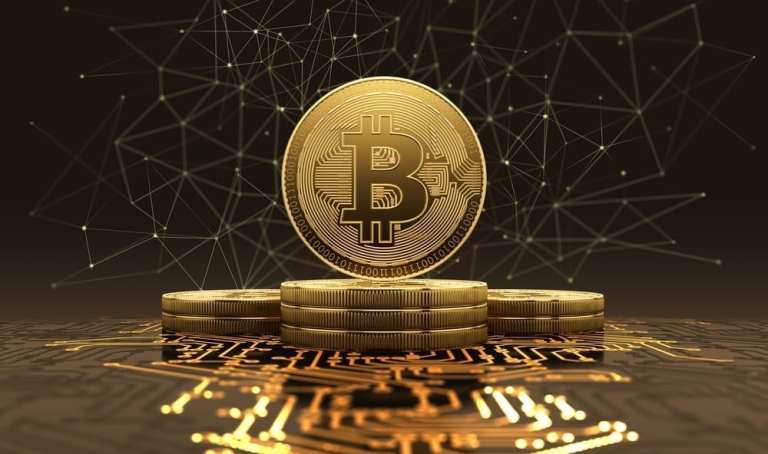Bitcoin Daily: QuadrigaCX Co-Founder Made Fake Accounts; Swede Faces Extradition In Scam

A Swedish man has been charged with securities fraud, wire fraud, and money laundering in connection with a bitcoin scam that defrauded more than 3,500 victims of over $11 million — and faces extradition to the U.S.
Roger Nils-Jonas Karlsson and his company, Eastern Metal Securities (EMS), have been charged in the scheme, which used different websites to communicate false statements to victims since September 2006, according to Hard Fork.
Karlsson was arrested earlier this week in Thailand, and the United States is looking to extradite him to stand trial in the Northern District of California.
In other news, a new report has revealed that the deceased owner of the now-defunct Canadian crypto exchange QuadrigaCX was allegedly using customer funds for his own trading.
The fifth report from court monitor Ernst & Young, filed on June 19, made the accusation against co-founder Gerald Cotton, stating that “significant volumes of cryptocurrency were transferred off-platform outside Quadriga to competitor exchanges into personal accounts controlled by Mr. Cotten. It appears that user cryptocurrency was traded on these exchanges and in some circumstances used as security for a margin trading account established by Mr. Cotten.”
Cotten also reportedly created fake “identified” accounts on Quadriga “into which unsupported deposits were deposited and used to trade within the platform.” That resulted in “inflated revenue figures, artificial trades with users and ultimately the withdrawal of cryptocurrency deposited by users.”
Sources have shared that Japanese messaging app Line is close to getting a license to launch a cryptocurrency exchange in the country.
Bloomberg reported that Japan’s Financial Services Agency could issue the license this month. The service, called BitMax, could launch just a few weeks later, enabling the company’s 80 million users in Japan to buy and sell cryptos — including bitcoin and Line’s own token Link.
And analysts from the Reserve Bank of Australia (RBA) released a 5,800-word paper stating that there’s “little likelihood of a material take-up of cryptocurrencies for retail payments in Australia in the foreseeable future.”
“As long as the Australian dollar continues to provide a reliable, low-inflation store of value, and the payments industry continues to work on the efficiency, functionality, and resilience of the Australian payments system, it is difficult to envisage cryptocurrencies presenting a compelling proposition that would lead to their widespread use in Australia,” said the authors, according to the Sydney Morning Herald.